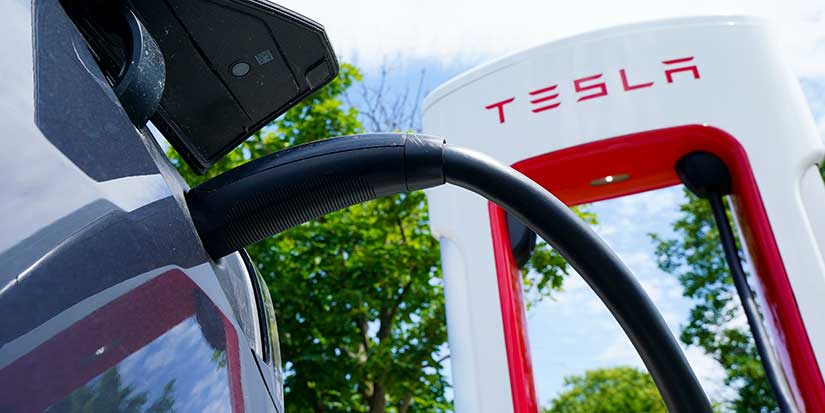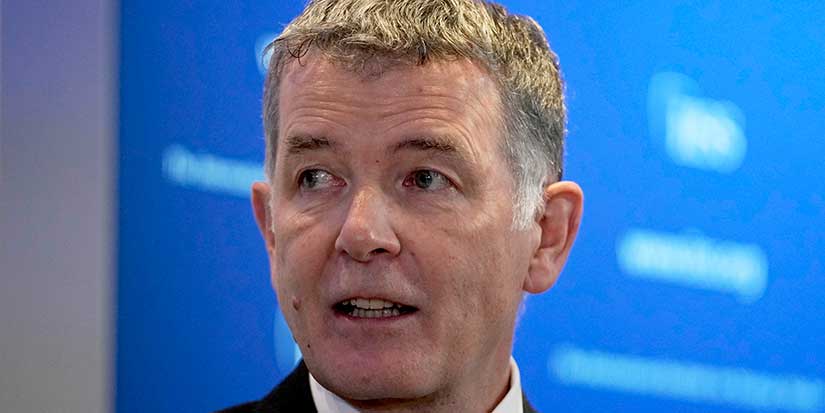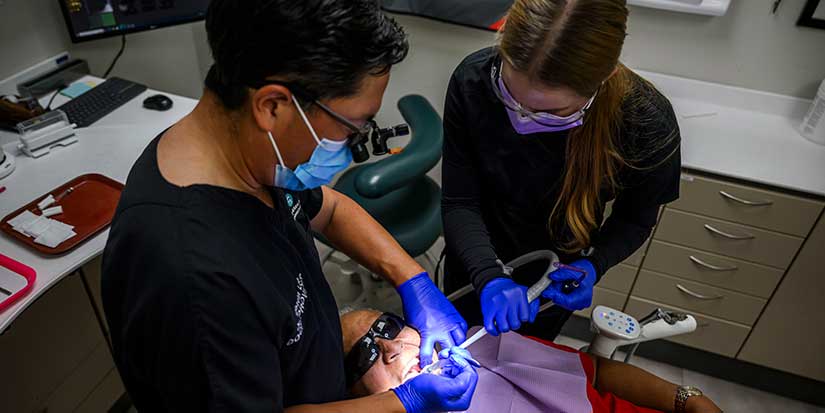National News
Carmakers facing billions in credit purchases under EV mandate if sales don't improve
Published 10:28 PDT, Fri September 19, 2025
—
Canadian automakers are warning they could be on the hook for billions of dollars in credit purchases if Canada's electric vehicle mandate is enforced as written, and sales don't ramp up.
Automakers already have deals lined up with companies like Tesla to buy credits to close expected gaps between sales and the targets set by the EV mandate. That could end up costing the industry more than $3 billion by 2030, Canadian Vehicle Manufacturers' Association president Brian Kingston told the House of Commons international trade committee on Thursday.
"According to our estimates, over $1 billion has already been committed to this," Kingston said.
The CVMA represents Ford, General Motors and Stellantis.
Kingston said it's not clear how much money has been spent already on buying credits for the 2026 model year, which the government recently exempted from the EV sales mandate.
"I can't tell you how much money would have already gone," he said. "It's committed to a multi-year contract that you could effectively option these credits as required over the coming years."
The EV sales mandate requires that automakers ensure a certain percentage of new cars, SUVs and light-duty trucks sold are zero-emission vehicles, including plug-in hybrids.
The mandate was supposed to start at 20 per cent in 2026. Now it will begin in 2027 with an initial target of 27 per cent, rising steadily every year until 2035, when all new vehicle sales must be EVs.
The federal government has ordered a 60-day review of the EV mandate. Automakers have repeatedly called for its full repeal.
EV sales in Canada reached almost 15 per cent of total sales last year, when the government was offering consumer rebates of up to $5,000, and surpassed 18 per cent in the final three months of the year.
Sales plunged after funding for the rebate ran out in January and the government abruptly ended the program. The most recent data from Statistics Canada shows EV sales accounted for 7.7 per cent of all new vehicle sales in July.
The government paused the implementation of the mandate to help give Canada's auto sector more liquidity in the face of U.S. tariffs.
An analysis by Anderson Economic Group suggests Canadian cars had been hit with $311 million in tariffs as of July, with another $72 million on parts made in Canada.
With 2026 models already being sold, Kingston said Tesla would be one of — if not the only — carmaker with a surplus of credits on hand to sell to other companies, since it doesn't sell any gas-powered vehicles.
The regulations also allow carmakers to invest in charging infrastructure to earn credits if they won’t meet their sales mandate — one credit for every $20,000 invested. But the government capped that measure at 10 per cent of a company's sales target — meaning automakers can't buy their way out of a deficit by simply building charging stations.
Kingston said companies will almost certainly have to buy credits from other automakers like Tesla to meet their obligations.
If sales do ramp up, automakers aren't necessarily on the hook for those credit-purchase agreements as they're only option agreements. But the companies worked out these agreements years ahead of time in case sales still lagged as sales targets increased.
"There's a concern that as the targets become more stringent, there'll be fewer credits available in the marketplace," David Adams, head of the Canadian organization representing automakers like Honda, Toyota and Hyundai, told The Canadian Press.
"So you want to make sure that you have those … credits in your back pocket in advance, so that you can utilize them when you have to."
Like Kingston, Adams couldn't say for sure how much money automakers have spent already on credits for the 2026 model year, noting many of the agreements are subject to nondisclosure agreements.
"You're certainly talking millions, if not tens of millions," Adams said.
– Nick Murray, The Canadian Press































